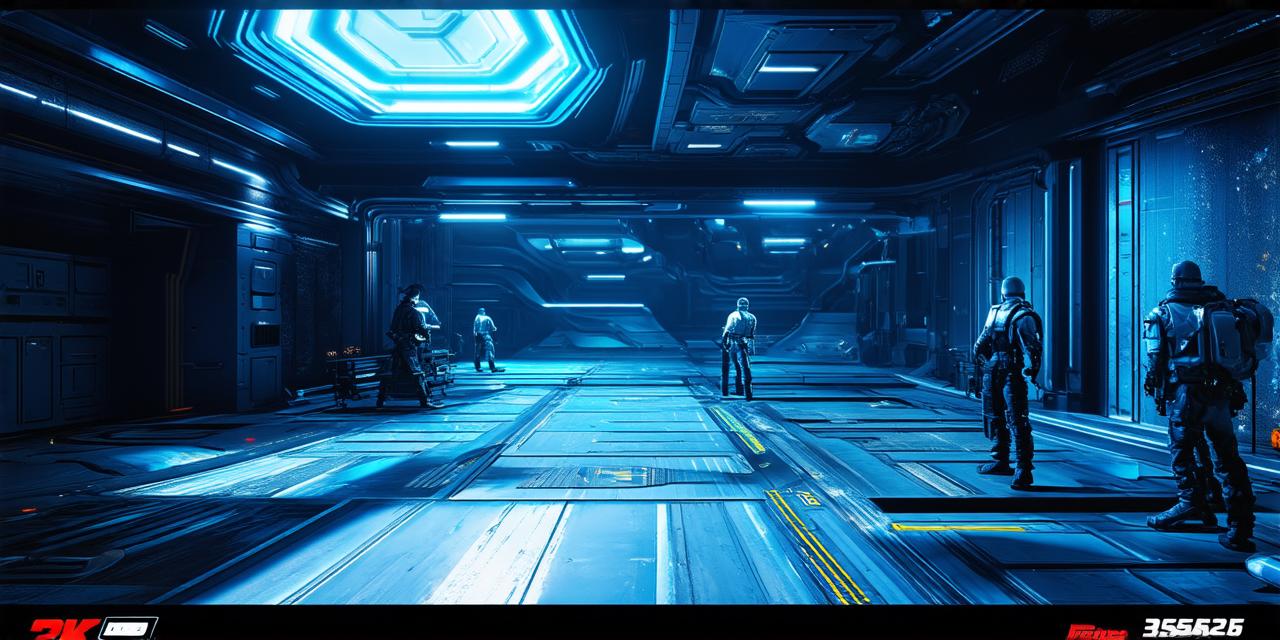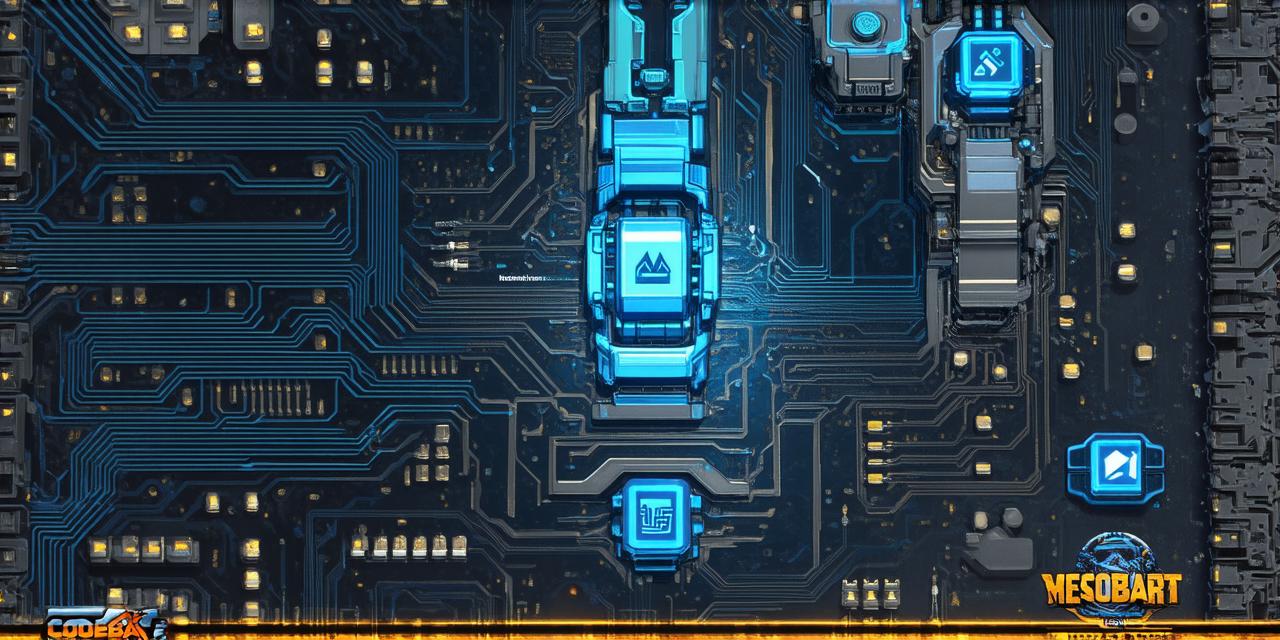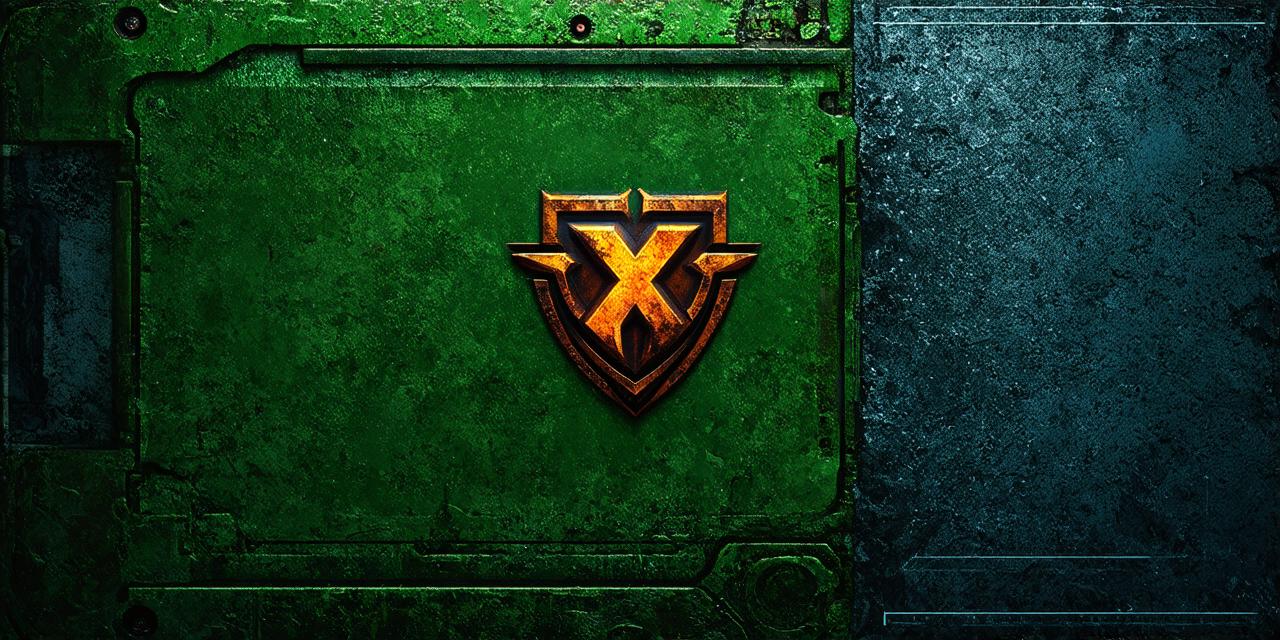As technology continues to evolve, game development has become more accessible and sophisticated than ever before. With the rise of virtual reality (VR), augmented reality (AR), and other emerging technologies, gamers now have the ability to create immersive experiences that were once only possible in the imagination.
However, for those looking to take their skills to the next level, Level 5 game development may be just what you need.
What is Level 5 Game Development?
Level 5 game development refers to the highest level of expertise in game development, surpassing even that of Level 4 developers. At this level, gamers have a deep understanding of game design principles, coding languages, and other technical skills necessary for creating highly sophisticated games. They also have experience working on large-scale projects with complex storytelling, character creation, and animation.
Level 5 game developers often work as part of a team, collaborating with artists, writers, and other professionals to create immersive gaming experiences that push the boundaries of what’s possible. They may also be responsible for overseeing entire projects or managing teams of other developers.
The History of Level 5 Game Development
Level 5 game development has its roots in the early days of computer gaming, when skilled programmers and artists would collaborate to create simple games from scratch. As technology advanced, game development became more complex, with specialized roles such as game designers, animators, and sound engineers emerging.
In the 1990s and 2000s, Level 5 game developers began to take on more responsibility for managing large-scale projects, overseeing teams of other developers, and ensuring that games met the highest standards of quality. As games became more sophisticated and complex, the need for highly skilled professionals grew, leading to the emergence of Level 5 game development as a distinct skill set.
Current State of Level 5 Game Development
Today, Level 5 game development is a highly competitive field, with thousands of aspiring developers vying for positions at top studios and game development firms. In order to succeed in this field, gamers must have a deep understanding of game design principles, coding languages, and other technical skills necessary for creating highly sophisticated games.
Level 5 game developers may work on a wide range of projects, from console and PC games to mobile apps and virtual reality experiences. They may also be responsible for overseeing entire projects or managing teams of other developers. With the rise of emerging technologies such as VR and AR, Level 5 game developers must stay up-to-date with the latest trends and tools in order to create truly immersive gaming experiences.
Tools and Techniques Used by Professional Developers
Professional Level 5 game developers use a wide range of tools and techniques to create their games. Some of the most common include:
- Game engines such as Unity, Unreal Engine, and CryEngine
- Programming languages such as C++, Java, and Python
- Scripting languages such as Lua and JavaScript
- Art software such as Photoshop, Maya, and Blender
- Animation software such as After Effects and Cinema 4D
- Sound editing software such as Pro Tools and Ableton Live

In addition to these tools, Level 5 game developers must also have a deep understanding of game design principles such as narrative, pacing, and player interaction. They must also be able to work effectively as part of a team, collaborating with artists, writers, and other professionals to create immersive gaming experiences that push the boundaries of what’s possible.




